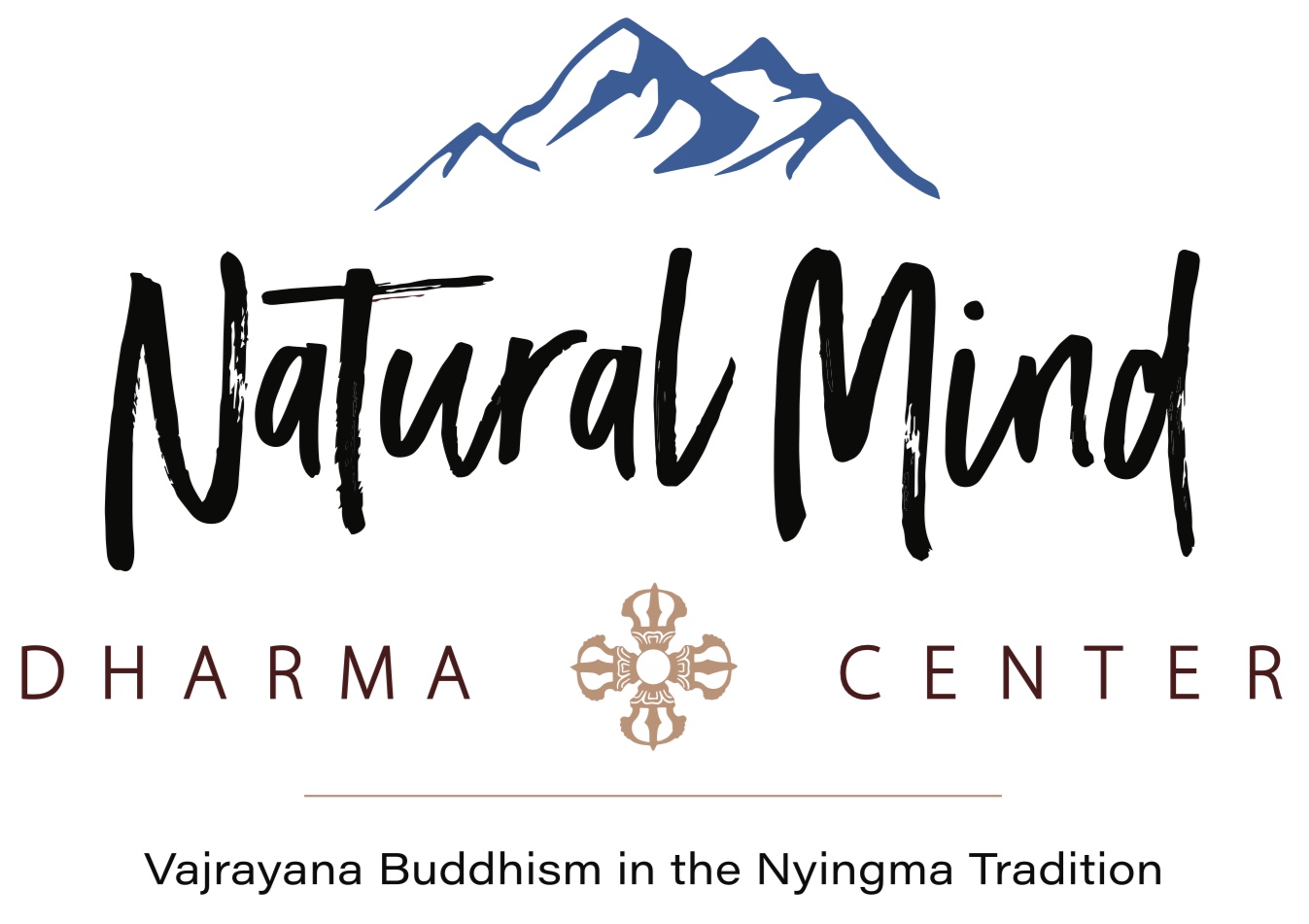Only Don’t Know
“I don’t know what I am doing,” is often a dharma practitioners refrain. Not knowing is very auspicious, although it may seem a bit frustrating in the moment. When I am learning a new guitar piece, my fingers fumble about on the fretboard. I try to find a way to move seamlessly from chord to chord but it is very clumsy in the beginning. Eventually, my fingers know just what to do and my mind seems to have nothing to do with it.
It is the same for Dharma practice. We have to cultivate skill and patience. Patience is necessary to build skill. Skill is gained through repetition. This process is mingled with the three wisdoms: study, reflection, and meditation. Study employs the conceptual mind. Reflection evokes our natural wisdom. Meditation integrates and stabilizes what we have learned so that we live our understanding through compassionate activity.
In other words, through skill and patience we apply the three wisdoms. We study the Dharma and learn practices. We test what we have learned against the touchstone of our wisdom. We settle and stabilize the mind, developing pure perception. And we notice the fruit of practice through our capacity to effortlessly love.
All of this is easy to say but not so easy to practice because we insist on knowing what we are doing. As my fingers trip clumsily up and down the fret board, I must trust the process. The more I let go into the repetition, the less I think about it. Some hidden guide helps me use my current capacity to develop greater skill. It does not need to be dramatic—just inch by inch progress. Eventually, it becomes effortless.
Dharma practice is even more subtle because we begin with openness to effortlessness and practice from that perspective. There is only don’t know. As Garab Dorje suggested in the Six Vajra Verses:
Everything has already been accomplished,
and so, having overcome the sickness of effort,
one finds oneself in the self-perfected state:
this is meditation.
